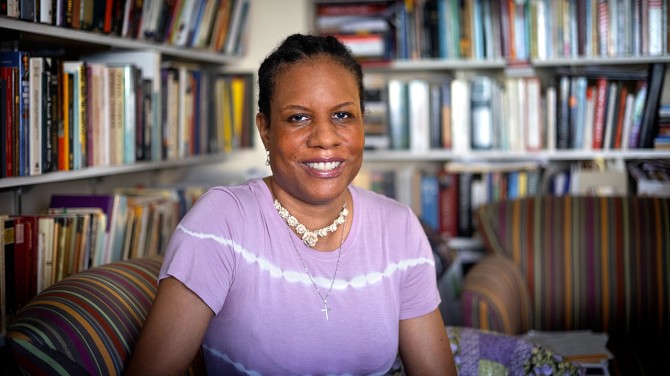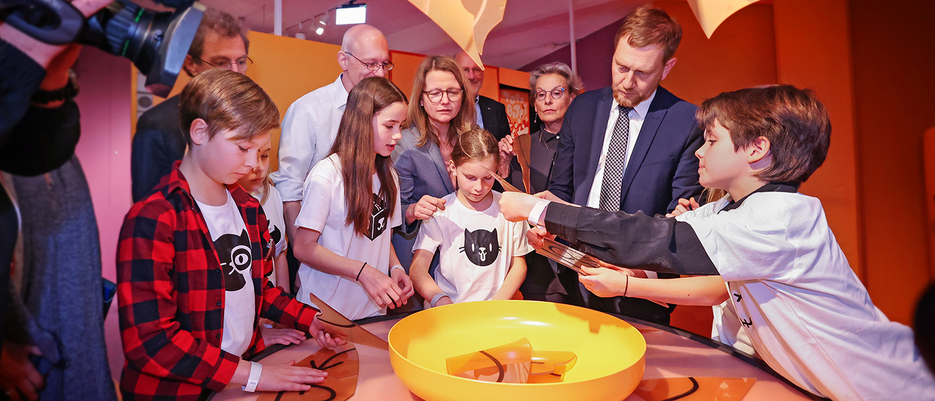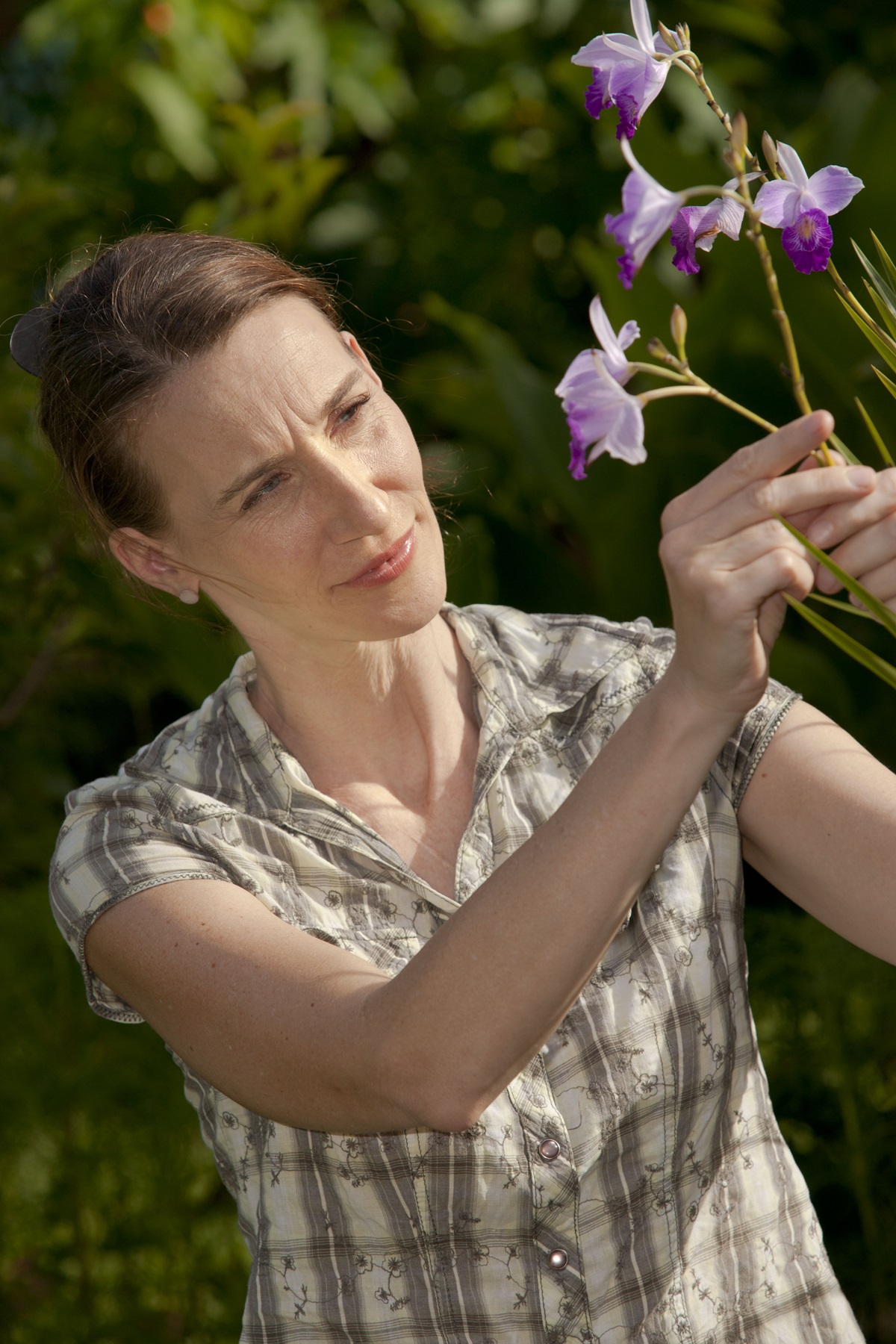New research shows people who listen to music during lockdown are happier than those who depend on their screens for distraction.
James Cook University psychology lecturer Dr Amanda Krause, along with colleagues from Central Queensland University and the University of Western Australia, surveyed people about their media habits before and during pandemic lockdowns.
“We know different types of media use may be associated with differences in life satisfaction, and we wanted to explore this possibility under lockdown conditions,” said Dr Krause.
The researchers surveyed 127 university students – a group whose lives were severely disrupted by pandemic restrictions.
“We found that when people listened to more music than was usual for them, they reported higher life satisfaction, and when they watched more TV, movies or streaming videos than was usual for them, they reported lower life satisfaction,” said Dr Krause.
She said it was a case of the chicken and the egg when it came to interpreting the findings, with people who feel good about life possibly listening to more music and those who are less positive resorting to their video devices.
But Dr Krause said it may also be a matter of control.
“Previous research has indicated that listening to music is a relatively active phenomenon and that greater individual control over what is heard is linked to more positive outcomes. It’s possible that because music listening involves higher levels of individual input than watching videos it may be associated with positive outcomes,” said Dr Krause.
She said other research showed people who read books or pursued hobbies were also happier than those who relied on a screen.
“This is useful to know for everyday life, but also especially important relative to experiences of social isolation and loneliness, prominent during COVID-19.
“As loneliness can increase the risk of unhealthy coping behaviours, these findings demonstrate that not all media use aligns with positive well-being outcomes,” said Dr Krause.
Link to paper here.








